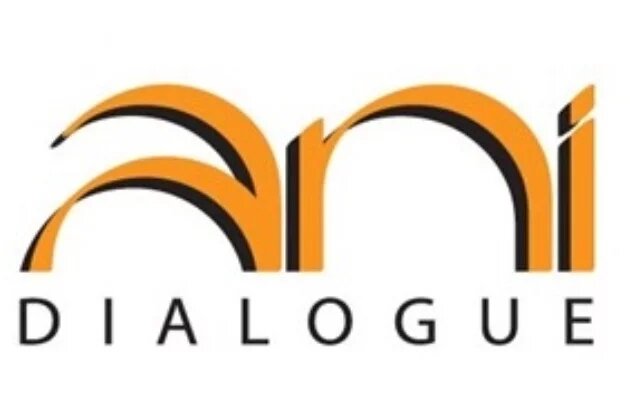
After signs of a breakthrough in 2008 diplomatic relations between Turkey and Armenia are in a bottleneck again. At the same time there is increasing interest in both societies in overcoming legacies of the past, exchanging experiences with neighbors and aiming towards an open border. Since its inauguration in October 2010, the Ani Dialogue — organized by the Heinrich Boell Foundation South Caucasus, the Heinrich Boell Foundation Turkey and the Caucasus Institute in Armenia — is dedicated to bottom-up reconciliation and normalization of mutual ties between Turkey and Armenia. In 2011 the annual meeting of Ani Dialogue was held in Heybeliada, Istanbul on July 7-10. The Dialogue was held in three different formats: plenary sessions as an introduction, working groups targeting specific issues and field trips to various institutions related to the topics of the dialogue. The event was accompanied by different social and cultural activities.
The main topic of the Ani Dialogue 2011 was “Society and State in Armenia and Turkey”. Both Armenia and Turkey are transition countries that still have very strong centralized governance. A shift from political systems that “protect the state from civil society intervention” to democratic systems, which protect the individual from state intervention and guarantee citizen control over the state, is on the agenda in both countries.
The plenary sessions provided an overview of the current situation of Turkish-Armenian relations through the perspective of “State and Society”. Ahmet Insel from Galatasaray University (Turkey) and Richard Giragosyan from the Center for Regional Studies (Armenia) delivered speeches on the importance of society and state relations and existing challenges in both countries. Baskin Oran from Ankara University focused on citizenship, race and religion in Turkey, arguing that the country’s main challenges are still related to the founding era of the Republic, its Kemalist principles of laicism, nationalism and its authoritarian state tradition. The issues of media freedom, quality and diversity, as well as access to information, were discussed during the plenary session led by Shushan Doydoyan from the Freedom of Information Center (Armenia). Iris Kempe, director of the South Caucasus Regional Office of the Heinrich Boell Foundation, emphasized the role of the European Union as a driving force for democratic developments and civil society engagement for Armenia and Turkey.
Five working groups of the Dialogue discussed the following topics: Local government: its mandate, role and development; Elections and representation; Freedom of expression and media development; Civic engagement; and Environment and natural resources: the role of civil society. The participants of each thematic group presented their views and suggestions, and discussed challenges and perspectives in both countries. The working groups have enabled networking and exchange among participants, and encouraged the participants to define areas of common concern and plan for future cooperation.
The participants also took part in field trips to different institutions operating in Istanbul. Organizations including The Human Rights Foundation, TESEV (Economic and Social Studies Foundation), IMC TV Station, Lambda (LGBT NGO), Yesil Ev (Green House) hosted the guests to present their current projects and discuss the possibilities of future cooperation.
After its second year, the Ani Dialogue and its participants have become a format indicating understanding and open borders between the two countries. The most sustainable success of the Ani Dialogue is the number of joint Turkish-Armenian ideas which may easily develop further into joint projects. Encouraged by the mutual interests of the participants, diverse from the beginning but keen about overcoming mental and real borders, at the end of the day the organizers are in favor of establishing the Ani Dialogue as a constant means for bottom-up diplomacy.
